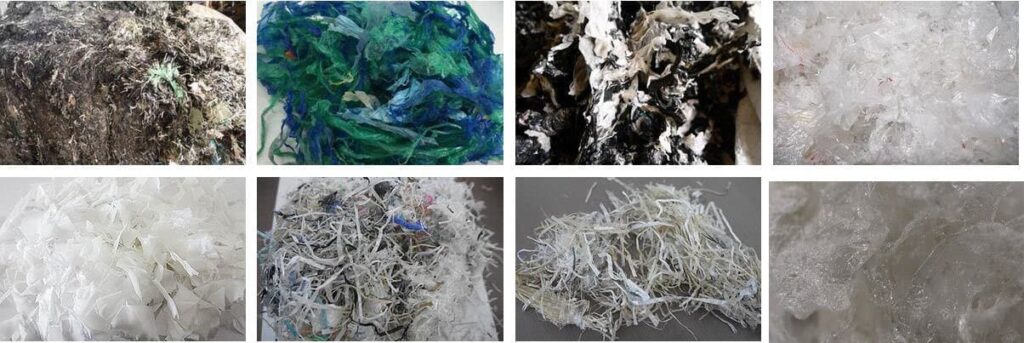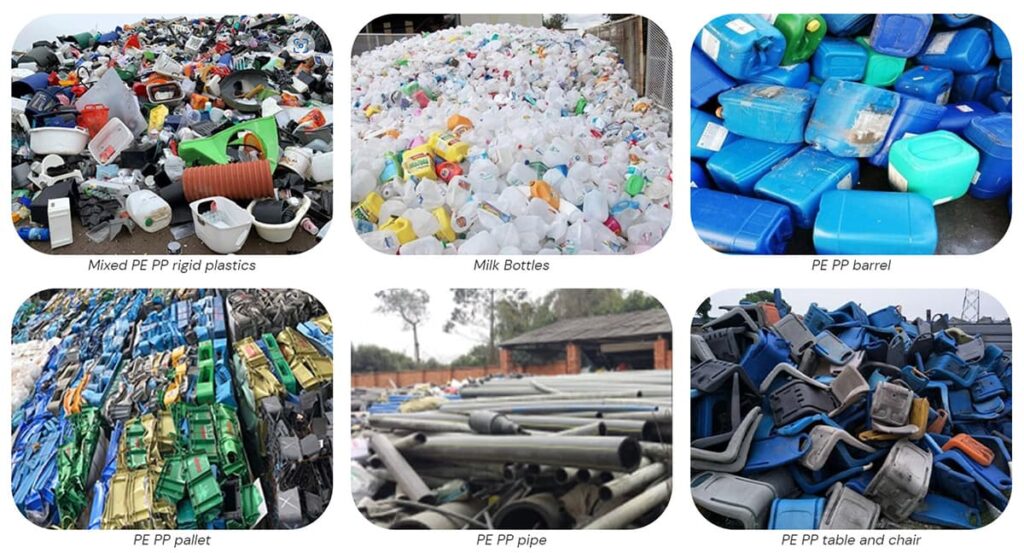Plastic waste is one of the biggest environmental challenges facing our planet today. With millions of tons of plastic ending up in landfills, oceans, and natural habitats each year, it’s clear that we need to find better ways to manage this problem. One crucial step in the plastic recycling process is washing and cleaning the materials to remove contaminants and impurities. In this article, we’ll explore the state-of-the-art plastic recycling washing systems that are leading the way in creating a cleaner, more sustainable future.
Plastic recycling washing systems are an important part of the plastic recycling process. These systems are designed to clean and remove contaminants from plastic waste materials before they can be effectively recycled and reprocessed into new plastic products.
Here’s an overview of plastic recycling washing systems:
- Pre-washing: This initial stage involves sorting and separating different types of plastics, as well as removing large contaminants like metals, paper, or glass. The plastic waste is often shredded or granulated into smaller pieces to facilitate washing.
- Washing and scrubbing: The plastic material is fed into a washing system, which typically consists of a series of baths and scrubbing units. These units use a combination of water, detergents, and agitation to remove dirt, labels, adhesives, and other contaminants from the plastic surfaces.
- Friction washing: In this process, the plastic particles are subjected to friction by rubbing them against each other or against abrasive surfaces. This helps to remove stubborn contaminants and improve the overall cleanliness of the plastic material.
- Rinsing and drying: After the washing and scrubbing stages, the plastic material is rinsed with clean water to remove any remaining detergents or contaminants. The rinsed plastic is then dried, often using centrifugal force or hot air, to prepare it for the next stages of the recycling process.
- Flotation and separation: In some cases, a flotation process is used to separate different types of plastics based on their density. The washed plastic particles are introduced into a water bath, and the different plastic types float or sink, allowing for effective separation.
Plastic recycling washing systems play a crucial role in ensuring that the recycled plastic materials are free from contaminants and are suitable for reprocessing into new products. Effective washing and cleaning can improve the quality of the recycled plastic, increase its value, and reduce the environmental impact of plastic waste.
Benefits of State-of-the-Art Plastic Washing Systems
- Increased Recycling Efficiency: By effectively removing contaminants, these washing systems help to maximize the quality and value of recycled plastic materials, improving the overall efficiency of the recycling process.
- Reduced Environmental Impact: Thorough cleaning of plastic materials before recycling helps to minimize the release of pollutants and contaminants into the environment, contributing to a cleaner and healthier planet.
- Higher-Quality Recycled Products: With state-of-the-art washing systems, recyclers can produce recycled plastic materials of the highest quality, suitable for a wide range of applications, from packaging to construction materials.
- Increased Sustainability: By enabling more effective and efficient plastic recycling, these advanced washing systems play a crucial role in promoting a circular economy and reducing our reliance on virgin plastic materials.
As we strive to address the global challenge of plastic waste, state-of-the-art plastic recycling washing systems are leading the way in creating a cleaner, more sustainable future. By investing in these cutting-edge technologies, we can unlock the full potential of plastic recycling and make a meaningful impact in protecting our environment for generations to come.








